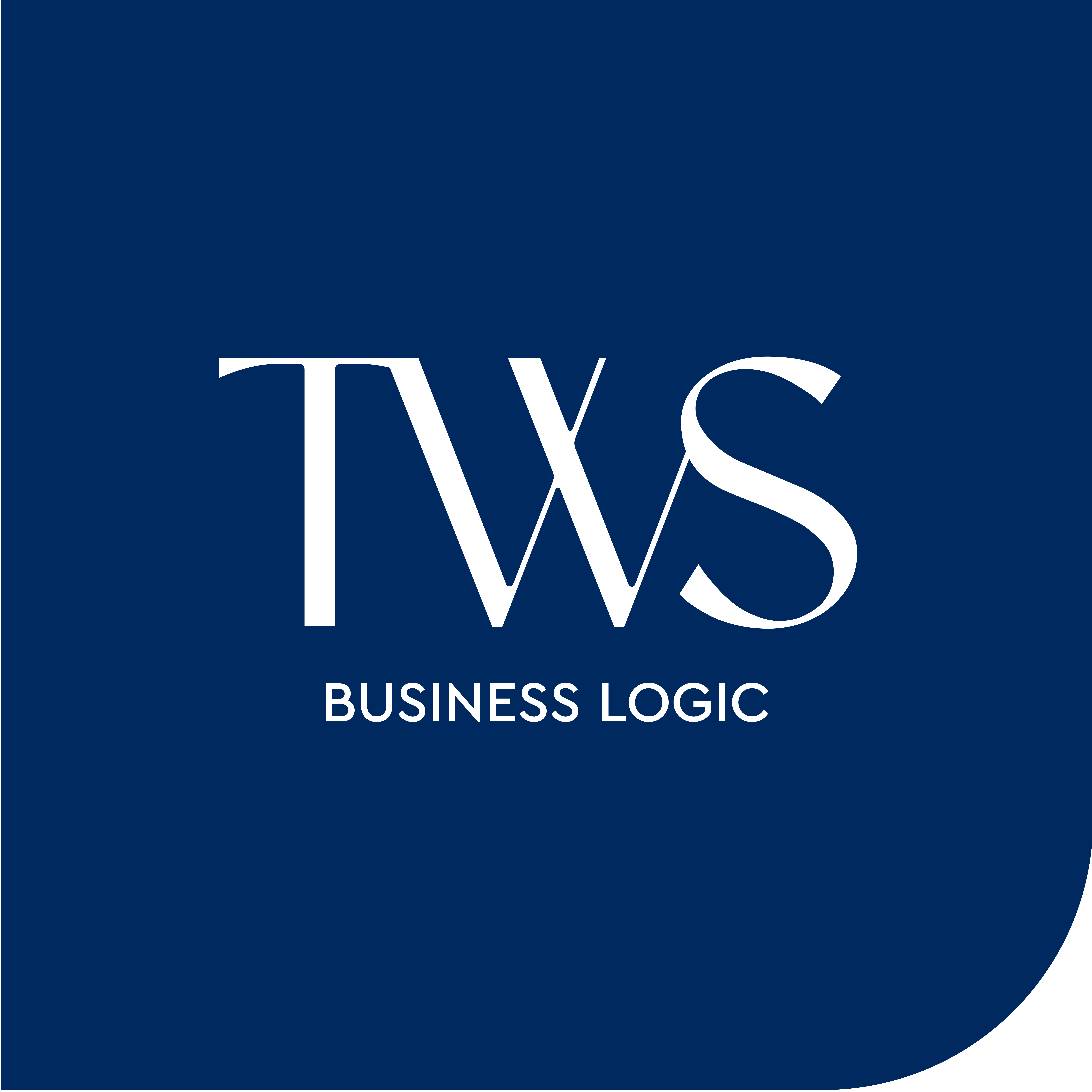
Develop Knowledge Basis
Knowledge is a State of Mind, not a Capability.
Knowledge reflects a wholistic understanding of how and why your company value is created and maintained.
Information is essential for making informed decisions; however, knowledge is not the mere accumulation of information. Knowledge involves understanding what something means and how it works. It represents the development of criteria for evaluating information and drawing accurate conclusions. This entails grasping the meaning and purpose of information. Knowledge is manifested in the type of information you collect, how you collect it, and how you interpret it to draw meaningful conclusions. In reverse, the conclusions you draw from data are based on your evaluations concerning the objectives you set, the questions you formulated, the method you applied in answering them, and how you interpreted them.
Evaluating the results of your actions is easy as all data is geared around evaluating performance. Sales results serve as a clear indication of the overall impact of your efforts. However, knowing how to control the direction and intensity of your product’s value involves understanding the underlying reasons driving its construction. This requires understanding the rules governing the composition of ideas and their conversion to physical expressions. Although measuring monetary value is straightforward, addressing qualitative value is more complex yet essential for your business.
Business logic is the knowledge of creating high-value propositions and converting them to effective implementation plans and actions.
A. Knowledge involves understanding what something means.
Business success begins by understanding what the purpose of your product, service, and brand means to your customer.
It’s a well-known fact that the most valuable propositions are the ones that truly matter to your customers. In most markets, products offer similar benefits to a greater or lesser extent. Even if you’re the first to enter a particular market, others will soon follow suit, surpassing your original proposition. So, how can you create high-value propositions in a fiercely competitive market? The answer lies in understanding how customers define your product benefits and their reasons for doing so.
Customer definitions of product benefits entail concepts broad enough to represent cultural and social values and roles, personal objectives, styles and a plethora of attributes that synthesise the meaning of a particular product’s purpose. For instance, olive oil has a high nutritional value within the Greek context. However, this definition contains elements of purity, wisdom, simplicity, authenticity, naturalness, tradition, and a multitude of other attributes composing a conceptual domain that pertains to practically all aspects of Greek attitudes to life. Therefore, defining your product’s value is not just about what you offer but how you define your proposition and the meaning you construct for your product and brand. Knowledge of the meanings that compose your proposition is fundamental to differentiating your position in the market and generating sustainable value for your brand.
B. Knowledge involves understanding how something works.
Converting ideas into physical attributes and activities is essential, as these express the ideas and meanings of the product proposition. Depending on the degree to which they align with the logic underlying the propositional concept, they may enhance or hinder the value-creation process.
For instance, to address a drop in sales, you may rejuvenate your brand with a new advertising campaign. Your brief to your advertising agency contains definitions of your brand and objectives. The advertising agency represents these in a visual story and a slogan that encapsulates your proposition to your customer. If the conversion of your brief to a visual story is accurate, then your customer will arrive at the definitions provided in your brief. The logic that defines the conversion of an advertising brief to an advertising campaign and into customer perceptions constitutes the reasoning of the conversion process. In other words, how the company, the advertising agency and the customer share a common understanding of the proposition and its particular meanings relies on clear definitions that set the logic for different types of expression leading to the same message, i.e., meaning.
Value generation through logical content construction is systematic because it involves a particular reasoning governing the construction. This is not a simple sequence of meanings that follow one another. Instead, it is a dynamic system of interrelated content elements that produce a wholistic result. Logic is at play so that the synthesis of elements is particular to the desired outcome. This means interpretations depend on a specific logic governing their construction. Realising the logic will enable you to understand how perceptions and, therefore, values are formed. In reverse, examining the system through which perceptions are formed reveals the logic that underlies their formation. Knowledge of the logic that underlies the construction of value allows for the reconstruction of content in a new and more fruitful direction.
C. Developing your company’s knowledge basis requires a common understanding.
Producing and maintaining a common understanding across all business activities is difficult. Sharing information is insufficient in managing the fragmentation that may result if the content is not appropriately analysed. Unfortunately, organisations place more emphasis on providing rules that govern behaviour concerning the completion of tasks and the collection, organisation, and dissemination of information. However, these processes cannot guarantee the understanding of content; on the contrary, they often fragment content and hinder the production of common knowledge. This is because procedures aim to break down information into “manageable” parts whose definitions may be evident as individual elements. However, how they interact with others in producing a broader and more significant effect is less obvious.



